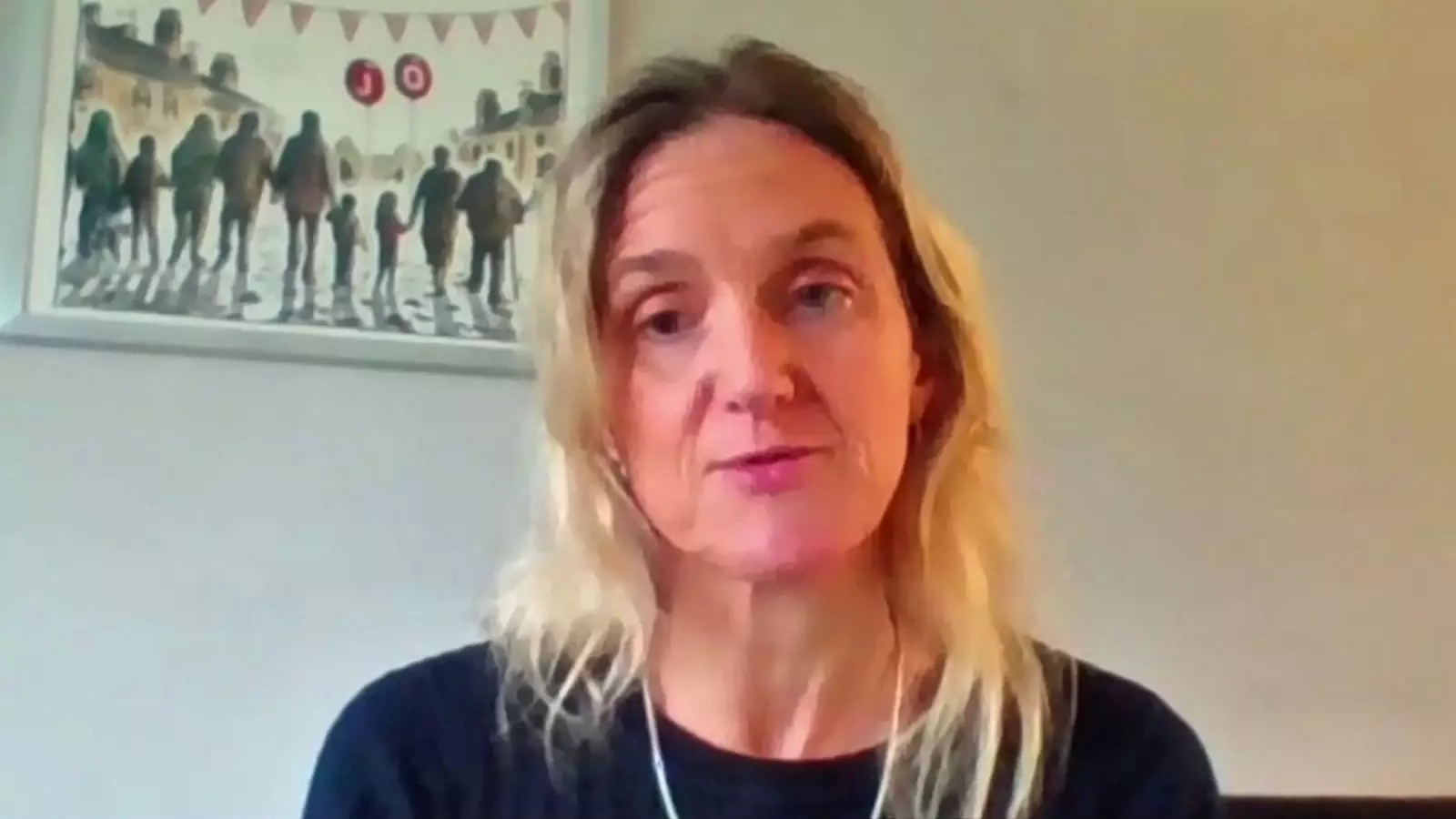The recent discussion surrounding the assisted dying bill in the UK has sparked intense debates, pushing various perspectives to the forefront. Central to this discussion is Labour MP Kim Leadbeater, who staunchly advocates for the proposed legislation despite dire warnings from several high-profile figures. The rift between Leadbeater and Justice Secretary Shabana Mahmood highlights the complexity of this issue, intertwining ethics, personal beliefs, and the concept of human dignity at the end of life.
At the heart of Leadbeater’s initiative is the Terminally Ill Adults (End of Life) Bill, which aims to legalize assisted dying exclusively for terminally ill patients with a prognosis of six months or less to live. The proposed framework is rigorous: it mandates the approval of two physicians alongside a High Court judge before any action can be taken. Leadbeater’s intention is clear: she wants to offer terminally ill individuals suffering intolerably from pain the option to choose to end their lives on their own terms.
This approach introduces a necessary element of compassion into a sensitive subject. By explicitly defining the eligibility criteria, Leadbeater seeks to alleviate concerns about creating a “slippery slope,” a term widely used by opponents of assisted dying. Rather than a reckless leap toward unrestricted euthanasia, she asserts that this legislation is narrowly tailored to safeguard vulnerable populations while respecting their autonomy.
In stark contrast, Justice Secretary Mahmood raises significant ethical concerns. Mahmood’s assertion that offering “death as a service” risks establishing a dangerous precedent resonates with many who worry about the implications of such legislation. Their fears often stem from a genuine concern for the potential for coercion or undue influence on individuals, particularly those who may feel they are a burden to their families or society. Critics argue that this bill could inadvertently marginalize those who do not genuinely wish to die but feel extraordinarily pressured by external forces.
The fear, especially among religious communities and advocates for the disabled, is that relinquishing the sanctity of life for individual choice may shift the societal view of death and dying. Mahmood’s candid confession that her objections are rooted in personal convictions, including her religious beliefs, encapsulates a genuine apprehension that this choice could be viewed not as a liberation, but rather as an abandonment of vulnerable lives in need of support.
Interestingly, while strong disagreements shape the discourse surrounding assisted dying, Leadbeater’s commitment to compassion is noteworthy. Responding to Mahmood’s grave concerns, she emphasizes the importance of maintaining respect for differing opinions throughout this challenging debate. In a socio-political climate where extremist views can often overshadow rational discourse, Leadbeater’s appeal for a respectful dialogue resonates with those fatigued by polarization. Balancing emotional considerations with respect for diverse moral standings is crucial for meaningful conversations about this deeply personal subject.
Charlie Falconer, a Labour peer, echoes this sentiment, asserting that Mahmood’s stance risks imposing her religious beliefs on all, thus stifling an essential democratic dialogue. The notion that individual choice should be paramount in such deeply personal matters must be integral to the discussion, as it reflects broader societal values surrounding autonomy and dignity.
As the House of Commons prepares for its first vote on this legislation in almost a decade, the outcome remains uncertain. The introduction of a free vote allows MPs to act according to their conscience, potentially leading to a diverse range of opinions being represented. However, given the existing divides and the passionate arguments both for and against the bill, predictions about its fate are murky.
Navigating through sentiments of compassion, respect, and ethical trepidation, the discussion surrounding assisted dying cannot be resolved superficially. Whether one supports or opposes the legislation, it is imperative to understand that the stakes are profoundly personal and impactful. The conversation about shrinking the distance between suffering and release will continue to evolve, and lawmakers must tread carefully as they protect the welfare and dignity of all individuals involved in this complex decision. In the end, the goal should be to foster a society that values life and respects individual choices, providing unwavering support to those facing the most challenging of journeys.


Leave a Reply